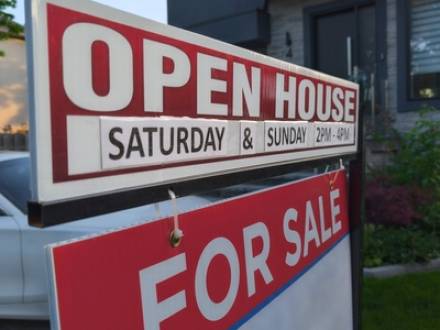Deficient Disclosures in CA Real Estate Result in Litigation
 One of the most common issues surrounding real estate disputes involves deficient disclosures or the failure to disclose important information about a property during the sale. Sellers are required, under California law, to disclose known material defects. If the new owner discovers serious, undisclosed issues, such as foundation problems, environmental hazards, or significant water damage, litigation may ensue. New buyers may seek compensation for repairs or a loss in property value.
One of the most common issues surrounding real estate disputes involves deficient disclosures or the failure to disclose important information about a property during the sale. Sellers are required, under California law, to disclose known material defects. If the new owner discovers serious, undisclosed issues, such as foundation problems, environmental hazards, or significant water damage, litigation may ensue. New buyers may seek compensation for repairs or a loss in property value.
These undisclosed home issues may have been known to the sellers, who did not disclose them out of fear of losing the sale, or the sellers may have been unaware of the issues. A seller who deliberately misrepresents or fails to disclose crucial information could be sued by the buyers. Legal remedies in these situations may include the seller paying for the repair costs and the depreciated property value. If the misrepresentation was particularly egregious, the buyer could be awarded punitive damages as well.
Disclosure obligations in California are covered under California Civil Code Section 1102. Whether you believe the seller of your property deliberately failed to disclose known problems with the house, or if you are a buyer being sued by a seller for problems you were unaware of, it can be beneficial to speak to an experienced Los Angeles, CA real estate dispute lawyer.
What Must Sellers Disclose in California?
Generally, a seller should disclose everything they know about the property to avoid any potential problems. When there are omissions, the buyer may assume the seller was deliberately deceptive. Some examples of the issues that must be disclosed by sellers include:
- A pest infestation that compromised the structural integrity of the home.
- Any nearby environmental threats, including soil contamination
- There is a high risk of forest fires or designated wildland areas as per California Government Code 51183.5.
- Any prior flood or water damage
- All major past repairs and defects
- The property lies in a potential flood area or would be affected by the failure of a nearby dam as per California Government Code 8589.4.
- Plumbing, electrical, or HVAC issues
- Any outstanding violations of building codes
- Leaks in the roof
- Structural issues
- Galvanized plumbing rather than PVC
- Upcoming zoning changes or annexations, if known
- Lead paint, mold, radon gas, or asbestos
- The property lies in an earthquake fault zone or a seismic hazard zone as per California Public Resources Code 2621.9.
- Deaths that occurred in the house (in some cases)
- Problems with the title to the property
- Septic system problems
- The presence of bedbugs, cockroaches, or termites
Buyers Must Do Their Own Due Diligence
While the burden of disclosure certainly lies with the sellers, buyers must also engage in due diligence by having the property inspected and researching the property's history for unpaid liens, work done without permits, or lawsuits involving the property. Buyers should carefully review the inspection report and request clarification on any items that appear unclear.
What is the Process for Suing a Seller for Non-Disclosure?
Once a buyer has gathered all necessary evidence, including inspection reports, correspondence with the seller, and estimates of repairs, a complaint will be filed in court. Depending on the language of the purchase agreement, arbitration or mediation may be required before the case can proceed to trial. Expert testimony from contractors, appraisers, or other professionals may be required.
Contact an L.A. County, CA Real Estate Dispute Attorney
Whether you are buying or selling a property, you could benefit from speaking to a knowledgeable Los Angeles, CA real estate dispute lawyer from Law Office of David Schechet. Attorney Schechet has over 35 years of experience and will seek creative ways to resolve disputes early, saving his clients money. Call 800-282-4731 to schedule your free consultation.


 800-282-4731
800-282-4731


